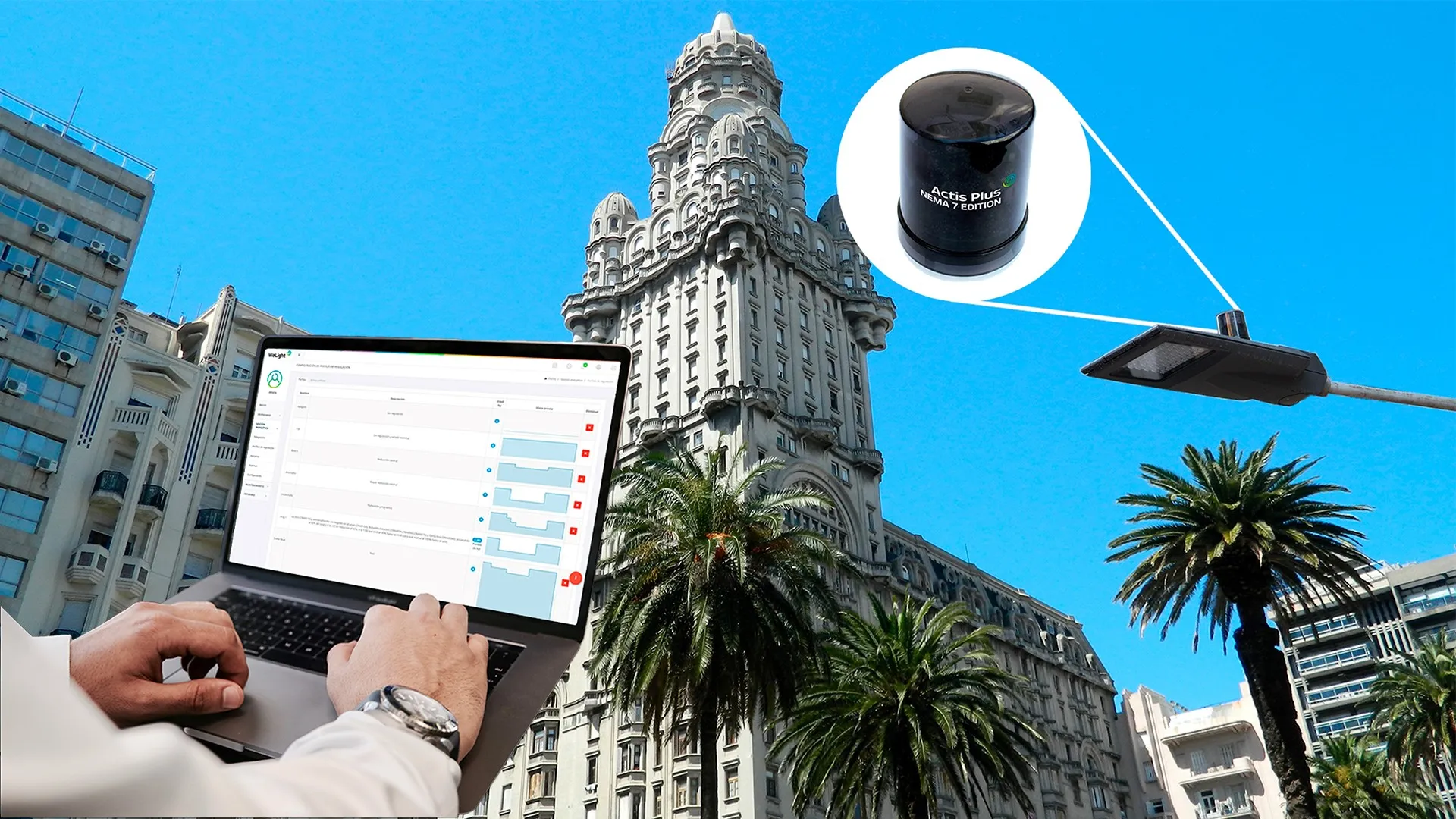Israel-based ERM Telematics has partnered with
ERM says its new set of IoT and asset management solutions utilise Altair’s optimised cellular IoT chipsets to provide installation-free solutions for IoT, asset management, stolen vehicle recovery and financial services.
These will include event-based platforms for automatic vehicle location and asset management applications using various sensors, the company adds.
According to ERM, the ultra-low power consumption of Altair’s chipsets allows the device to be connected without having to be powered by the vehicle’s battery, significantly reducing installation costs.
Altair’s IoT chipsets feature a hardware-based security framework and a set of host, peripheral and sensors interfaces which can integrate in a range of industrial and consumer IoT applications.
Kfir Lavi, deputy CEO at ERM, says Altair’s low-power figures and extended battery life allows the company to “provide on-board solutions with minimal installation requirements that are able to remain in the field for up to two years”.
ERM and Altair to develop low-power IoT solutions
Israel-based ERM Telematics has partnered with Altair Semiconductor to develop a range of low-powered and installation-free automotive Internet of Things (IoT) solutions.
ERM says its new set of IoT and asset management solutions utilise Altair’s optimised cellular IoT chipsets to provide installation-free solutions for IoT, asset management, stolen vehicle recovery and financial services.
These will include event-based platforms for automatic vehicle location and asset management applications using vari
May 9, 2019
Read time: 2 mins









